When the Bull Cried (2017)
Жанр : документальный
Время выполнения : 1Ч 7М
Директор : Bart Goossens, Karen Vasquez Guadarrama
Краткое содержание
Danger, toil, and superstition pervade life in a mining town high up in the Bolivian mountains. Tin is the heartbeat of the community providing jobs and livelihoods - but at considerable cost. With deaths commonplace, people make offerings to El Tio, the devil under the earth, for protection and good fortune. But when the mountain's flow of tin ebbs, further measures must be taken...
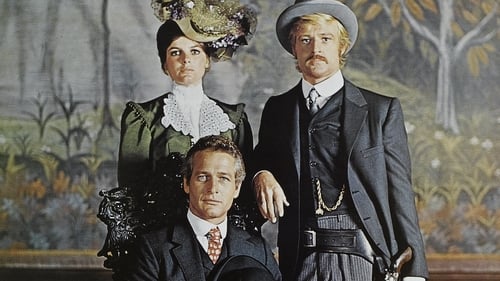
Два друга Буч Кэссиди и Сандэнс Кид известны всей округе. Они верховодят бандой «Дырка в стене». Буч — мозговой центр, Сандэнс — идеальный исполнитель и первоклассный стрелок. Они дважды грабят один и тот же поезд, перевозящий деньги. За налетчиками организована погоня, которой руководит опытный следопыт Балтимор. От него не удавалось уйти никому. С трудом оторвавшись от преследования, приятели укрываются в доме подружки Сандэса. И тогда Буч понимает: раз удача отвернулась от них в Америке, может стоит попытать счастья в Боливии?
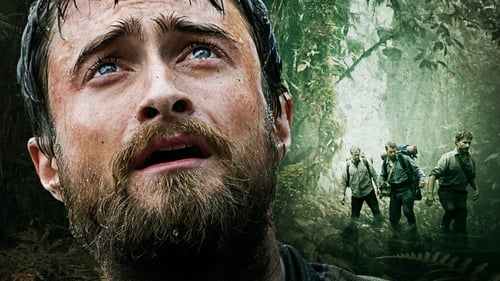
Искатель приключений отправляется вместе с друзьями в амазонские джунгли в поисках затерянного индейского племени и экзотических впечатлений. Однако проводник исчезает, а друзья теряют друг друга. Йосси остается в джунглях один на несколько недель, и ему приходится бороться за выживание в условиях дикой природы. В джунглях узнаешь, кто ты на самом деле. Учишься побеждать страх, боль и отчаяние, чтобы выжить.

The story of an improbable friendship and a social comment on life in Bolivia in the eighties.
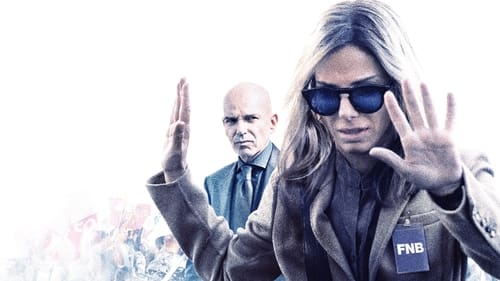
Фильм, основанный на документальных съемках, покажет изнанку избирательной кампании 2002 года, когда кандидат в президенты Боливии Гонсало Санчес де Лосада нанял политтехнологов из консалтинговой фирмы Greenberg Quinlan Rosner, чтобы прийти к победе.
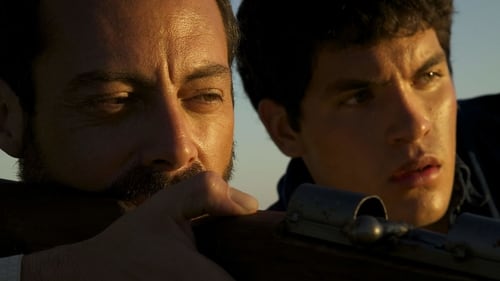
An introvert city teenager is sent to his father's limber ranch. While trying to figure out his place as the son of the boss he finds himself in a world packed with naturalized violence.

After being denied an American visa, a Bolivian professor becomes involved in a web of criminal activities, holds-up the American consulate and falls for a beautiful prostitute from the Bolivian lowlands.

The film tells the story of a girl who arrives in the city with her young son and must take care of an old house where an elf lives. One day the child disappears mysteriously, which will motivate his mother to do the impossible to recover it.

'The Devil's Miner' tells the story of 14-year-old Basilio who worships the devil for protection while working in a Bolivian silver mine to support his family.

A documentary centered on the union formed by Bolivian farmers in response to their government's (which was urged by the U.S.) effort eradicate coca crops, and the man who would come to represent them, Evo Morales.

A community reacts against a group of foreigners who under the guise of development assistance are forcibly sterilizing the peasant women.
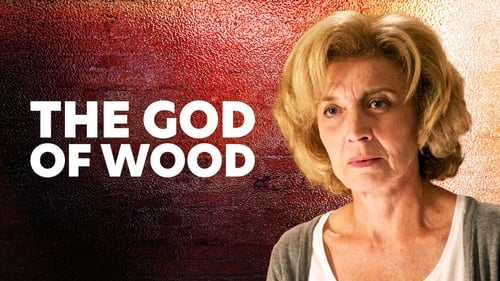
2006: Evo Morales, first indigenous President is elected in Bolivia after the 2003 dramatic events following the fall of the President Sanchez de Lozada (exiled in the U.S. since then). The socialist revolution enters in its crucial stage. But dealing with power carries a burden of temptations and pathologies. In four years of shooting between Bolivia and the US this film focus on the difficult path of this unique historical opportunity. The film ends with the recent TIPNIS dramatic indigenous protest which creates an historical circle.

Young bootblack Tupah embarks on a frantic quest to find his uncle, Jacinto, lost in the Averno. In a dangerous journey through the underworld, myth and reality get endlessly intertwined and the death-loaded night in La Paz unveils the darkest and most surreal face of the imaginary of the Andes.

Images of Argentinian companies and factories in the first light of day, seen from the inside of a car, while the director reads out documents in voiceover that reveals the collusion of the same concerns in the military dictatorship’s terror.

Critical investigation of The World Bank and IMF. Too hot for PBS, but prime time TV everywhere else. Do the World Bank and IMF make the poor even poorer? Are the Bank and IMF democratic institutions? Why do people demonstrate against the Bank and IMF? For the first time, a documentary global investigation of major criticisms of the World Bank and the International Monetary Fund (IMF), two of the most powerful financial institutions in the world. Five country case studies are presented, each concentrating on a different aspect of critics' charges: 1. Bolivia: Debt, Drugs and Democracy 2. Ghana: The Model of Success 3. Brazil: Debt, Damage and Politics 4. Thailand: Dams and Dislocation 5. Philippines: The Debt Fighters. The charges, including those related to structural adjustment, are controversial and provocative. Some go to the heart of the power and policies of these institutions.

Danger, toil, and superstition pervade life in a mining town high up in the Bolivian mountains. Tin is the heartbeat of the community providing jobs and livelihoods - but at considerable cost. With deaths commonplace, people make offerings to El Tio, the devil under the earth, for protection and good fortune. But when the mountain's flow of tin ebbs, further measures must be taken...

The story of a poor girl who leaves her starving family and sheep for a more prosperous village. Her grandfather finds her and tries to convince her to return to her home.

This is the history of a young farmer of the Bolivian plateau that becomes the first indigenous president of Bolivia. His childhood consists of shepherding ewes in the small school located in Orinoca where he befriends Reneco and Jamie, as well as his first love Wilma. All of them partake in different stages of each others lives. At the young age of 17 he is transferred to Oruro mining city in the heat of the Bolivian plateau. In order to survive he will have to work as a brick maker, baker, and trompetista in the Imperial band. The poverty and continuous droughts in the Moral field force the family Ayma to migrate towards the cochabambino tropic. In the tropical Chapare, Evo will become the biggest coca grower, soon to be delegated and win in the elections for president in 2005 with 54% votes. Evo Pueblo depicts the reality of our country, accounting for the common man that inhabits Bolivia through his fights, joys, poverty, exclusion and marginamiento.

Jenny Smith is a young American journalist searching for her long-lost grandfather in the mountains of Bolivia. When she finds her grandfather's partner and fellow gold-prospector, Rodrigo Diaz, he gives her answers that she didn't expect.

General Alfredo Ovando Candia was a decisive figure in 20 th century Bolivian history. Through old home movies and institutional footage, Mauricio Ovando goes in search of the figure (and the shadow) of his grandfather, interweaving his history and History while going after an uncomfortable truth.














